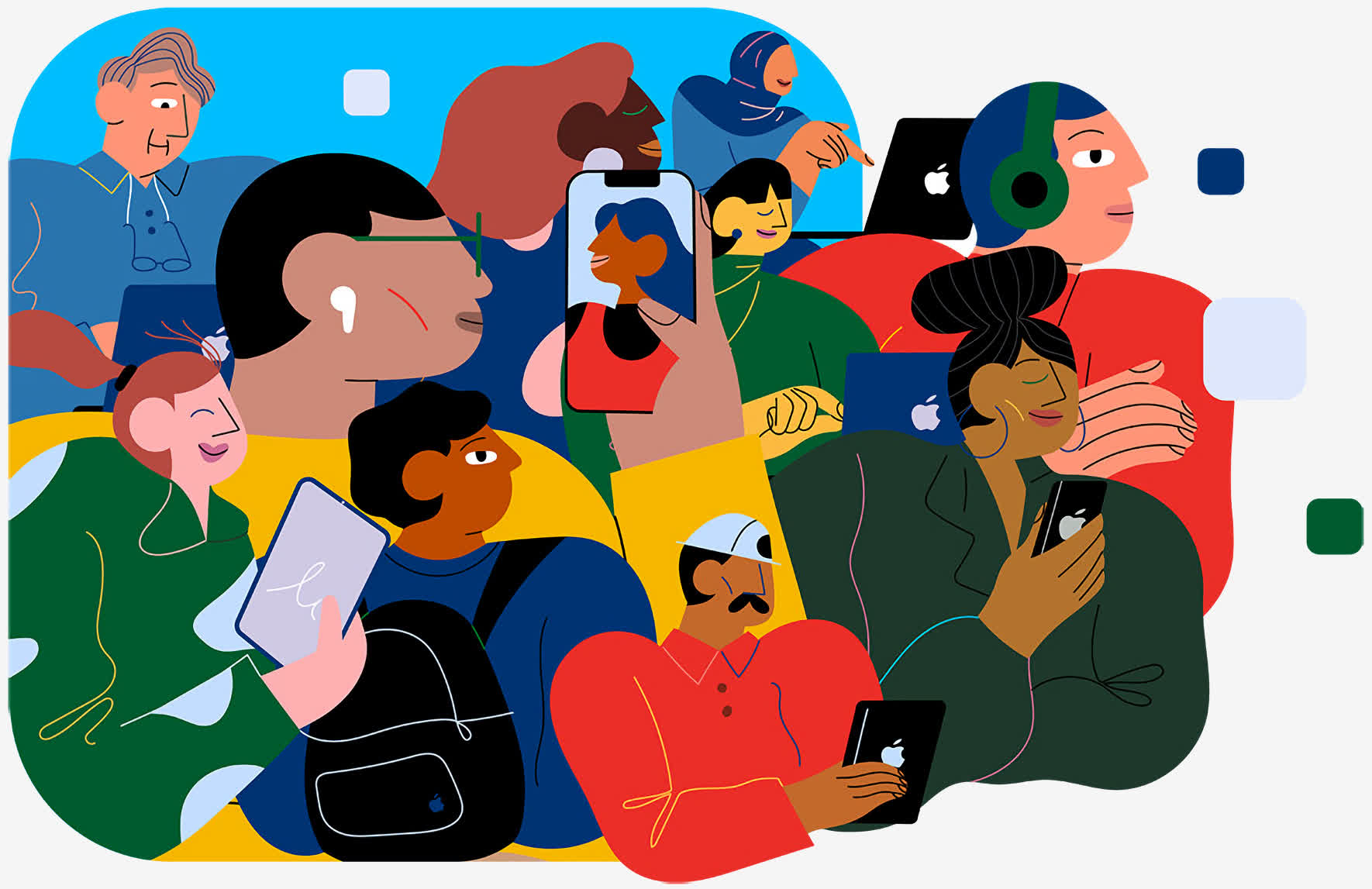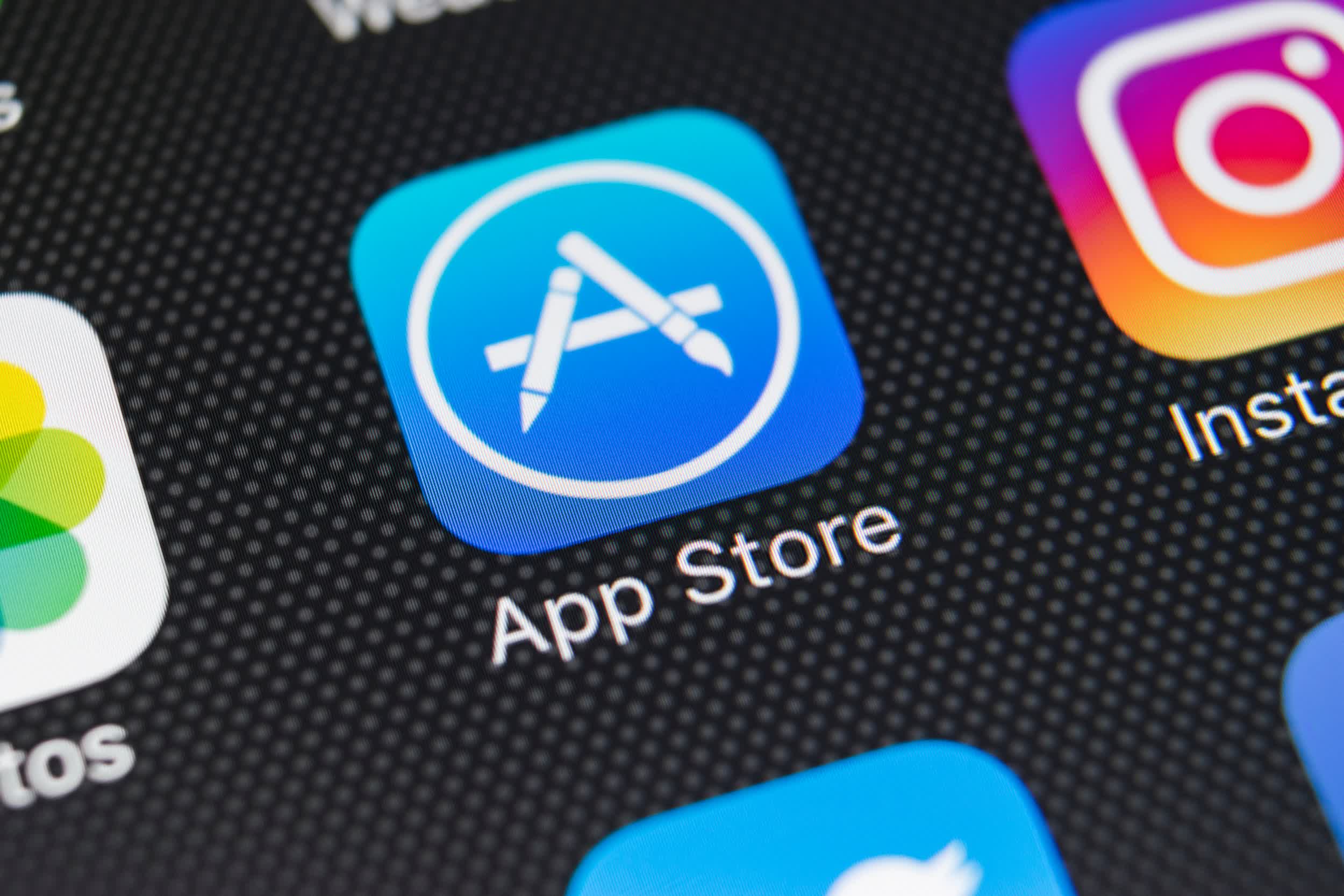TL;DR: Full details of the program will be shared in December, we’re told. For now, Apple said that existing developers who made up to $1 million in 2020, as well as new developers, can qualify for the program. If a dev surpasses the $1 million mark, the standard commission rate will apply for the remainder of the year. Should a developer fall below the $1 million threshold in a future calendar year, they can requalify for the 15 percent commission the following year.

Apple on Wednesday announced a new program that could reduce the commission a developer pays by half.
Under the new App Store Small Business Program, developers that earn less than $1 million in annual sales can qualify for a reduced commission rate of 15 percent (down from Apple’s standard 30 percent cut).
Apple plans to launch the new program on January 1, 2021, noting that the reduced commission will provide small developers and aspiring entrepreneurs with more resources to invest in and grow their businesses in the App Store ecosystem.

Apple didn’t share specifics but said the program will benefit the "vast majority" of developers that sell goods and services on the App Store.
According to CNBC, Apple's App Store generated roughly $50 billion in revenue in 2019.
App analytics firm Sensor Tower told The New York Times that the change will impact roughly 98 percent of developers but that those developers collectively accounted for less than five percent of total App Store revenue last year.
Image credit: BigTunaOnline
https://www.techspot.com/news/87658-apple-trimming-app-store-commission-fee-15-percent.html